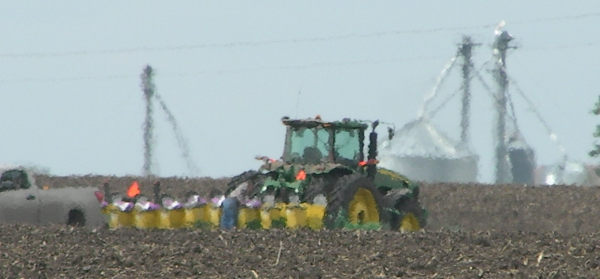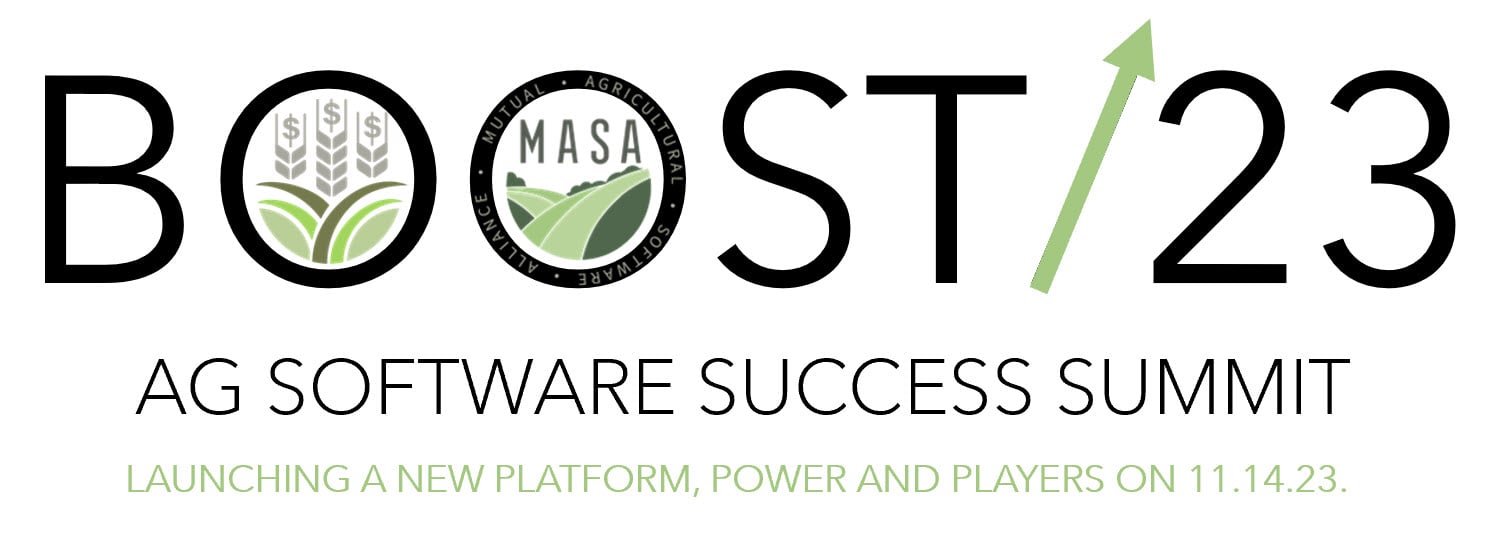Farm enterprise analysis, or the practice of analyzing your cost centers, profit centers, and assets in your various farming operations to identify opportunities for optimization, is a critical part of maximizing your farm’s profitability.
However, farm accounting practices have changed over the past few decades. We’ve seen farmers shift from a basic, if easy, cash-based farm financial reporting system to more sophisticated accrual accounting, hybrid, and management accounting methods.
How does farm enterprise analysis fit into modern farm financial management? Has it lost its usefulness or is it more important for running a successful farming operation than ever before?
Has Management Accounting Supplanted Farm Enterprise Analysis?
Management accounting is the term for farm accounting practices that focus on providing financial info and analysis that helps farmers make more-informed internal decisions about their business. Instead of putting financial and production data into separate “silos,” the information is used to actively guide management decisions to optimize operational performance and improve profitability.
For nearly 20 years, the Farm Financial Standards Council’s (FFSC’s) Management Accounting Guidelines for Agricultural Producers has set the standard for farm managementl accounting using the core precepts, such as:
- The Requirement of Accrual, Cost-Based Accounting Records. Many farmers used cash basis accounting methods which don’t provide as much value or insight into their operations because of how they tend to divorce revenue-generating activities from the revenue and costs they create. This is the result of income only being recorded when the actual payment is received and not when the transaction itself is made. Accrual accounting recognizes revenue at the time of the transaction as well as matches the cost of sales against that revenue to more accurately report the profitability of the business.
- A “Responsibility Center” Approach for Information Accumulation and Reporting. The accumulation of costs within the farming business should be tailored to be consistent with the different levels of management responsibility for each enterprise. These “responsibility centers” should provide management with whatever information is necessary to the decisions these managers make and be reported in a way that is consistent with how the information is to be used.
- Integration of Production Factors and Measurements into the Management Accounting Framework. Farm financial and production information is integral to successful management accounting. This data can help farmers evaluate their costs and revenues based on appropriate units of production (per acre, bushel, pound, etc.), increasing their insight into their farm’s cash flow and overall financial health.
- Supplementing Core Transactional Information with Economic Concepts and Analysis. The FFSC noted that, as it was developing its guidelines, “once a framework is established for the consistent accumulation and reporting of transactional information, analysis possibilities using that information, supplemented with information from outside the accounting system, are virtually endless.” Farming operations can be incredibly complex and varied from one enterprise to the next, so this can be one of the most difficult concepts to tackle within the FFSC guidelines. Supplemental analyses for breakeven, partial budgeting, cost of rental vs ownership for farm assets, and more are highly relevant for individual producers but difficult to summarize neatly in any single document.
- Maintain Consistency with Generally Accepted Accounting Principles (GAAP), Commercial Industry Practice, Multi Commodity Applicability, and Standardization. Producers need to be able to balance the need for internal reporting and analysis of their farming enterprises with the external use of their statements. So, the FFSC’s Management Accounting Guidelines emphasized merging the standardization of reporting with industry practices across multiple commodities when it would not “significantly impair” the usefulness of that information.
- Accommodation of Multiple Period Production Cycles. The production cycle timelines for different farming enterprises can vary greatly from one to the next and may not always fit neatly into calendar or fiscal years. The FFSC attempts to address this in its guidelines to help farmers achieve greater traceability in their management accounting systems.
So, has the management accounting system proposed by the FFSC supplanted the need for farm enterprise analysis? Not really. If anything, it has made conducting enterprise analysis more important than ever for farmers who want to stay current with FFSC accounting guidelines.
How Farm Enterprise Analysis Supplements Management Accounting
Farm enterprise analysis is a crucial part of effective farm management accounting because it gives farmers the information they need to make optimizations that maximize farm profitability. Rolling your enterprise cost analyses into your management accounting workflow to not only establish the cost of production on a unit basis for each enterprise, but to manage inventories on financial statements, is key for the third FFSC management accounting guideline: “Integration of production factors and measurements into the management accounting framework.”
Without an in-depth financial analysis of each farming enterprise, it’s impossible to get the specific measurements needed to comply with the FFSC’s recommended best practices. So, farmers looking to leverage farm management accounting need to have systems in place for analyzing all of their farming enterprises.
Ideally, these farm enterprise analysis tools should provide farmers with a way to really dig deep into their production and cost centers, maximizing traceability for every dollar spent and the return on that investment.
Calculating and allocating costs for each enterprise is a complicated process, but it helps fuel an agriculture management strategy by identifying potential waste in the farm’s budget so you can make changes as needed.
Farm enterprise analysis helps you:
- Know Where You’ve Been. Which farming enterprises in your operation have been consistently profitable? Have profits trended in one direction or another relative to costs? This historical data helps you understand what your controllable variable costs are so you can make optimizations.
- Understand Where You Are. What’s your current cost of production per production unit in each enterprise? How do they compare with current industry and internal benchmarks? Knowing your costs throughout the entire production lifecycle is key for assessing your farm’s current financial health and determining tactics and strategies to remain competitive in the dynamic world of agriculture.
- Plan Where You’re Going. What enterprises would be the most profitable for your farm in the future, and how much do you need in liquid assets to realize those plans? Create cash flow projections and plan out your future production plans and shifts in your enterprise mix to maximize profitability for your farm in the future.
How to Monitor Your Farm’s Financial Health
So, if enterprise analysis is paramount to understanding your farm’s financial health, how can you actually get the data you need to conduct analysis? This is where a farm enterprise resource planning (ERP) solution that specializes in farm financial analysis can be crucial.
With a farm ERP, you can:
- Simplify Accounting Tasks while Maintaining FFSC Guidelines. Put your accounts payable and receivable, contracts, payroll, and all of your other farm financial info into convenient reports so you can parse them all more easily. Create flexible statements and invoices so you can more consistently collect on accounts receivable to improve your farm’s cash flow.
- Audit Your Production Process Financials in Detail. Improve profitability through precise production and cost tracking. Turn your field and pen data into financial records that fuel future business decisions and optimizations that maximize revenue while minimizing costs.
- Automate Report Creation. Set up automated reports from macros using Windows Task Scheduler or built-in times so you can get the information you need when you need it.
FBS Systems’ Farm ERP solution is built for farmers, by farmers to help everyone in the agricultural industry improve profitability and convenience. Reach out to FBS today to get started on improving how you monitor your farm’s financial health and manage financial analysis for both internal and external uses.

















